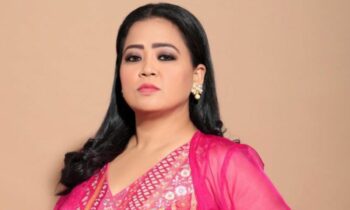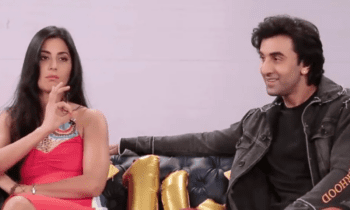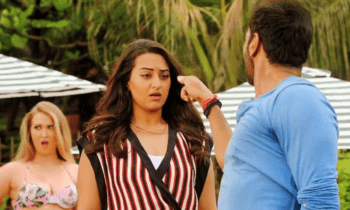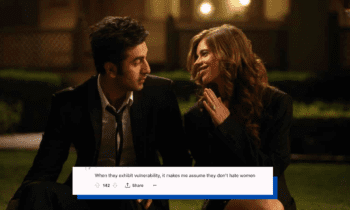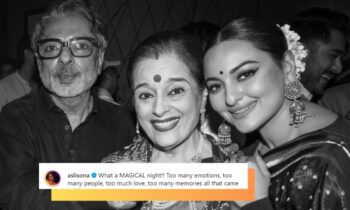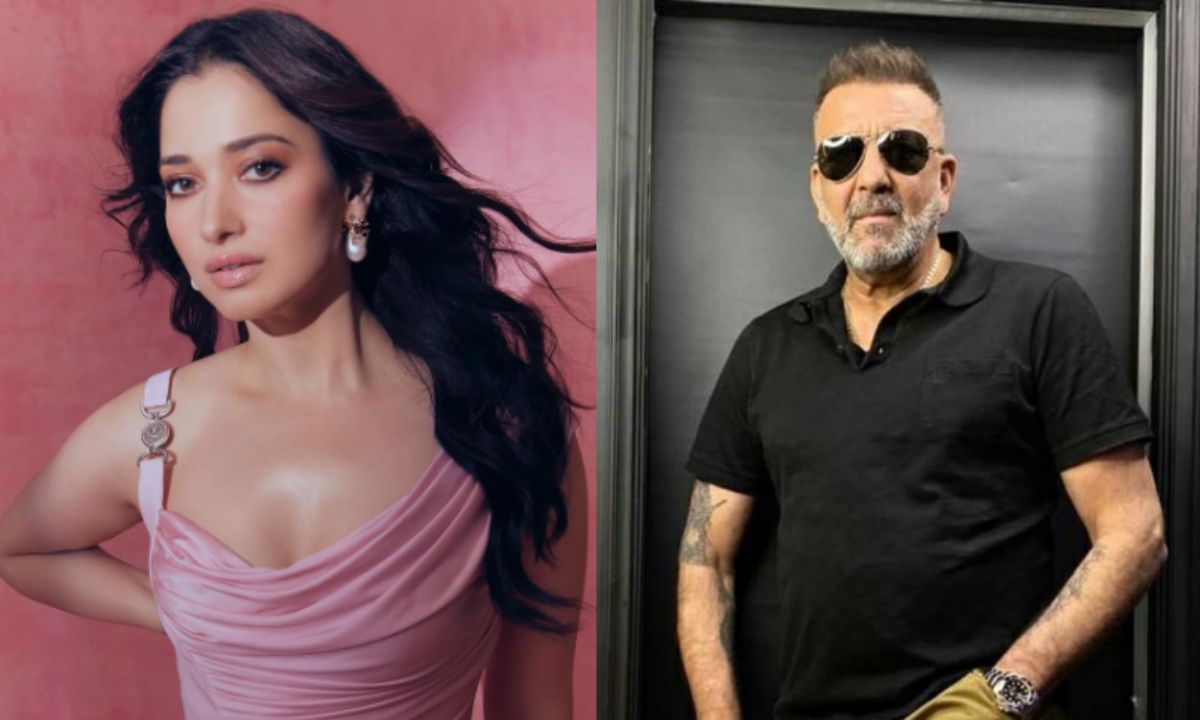Tribeca ‘Lady Boss: The Jackie Collins Story’ Review: A Sexy, Real And Insightful Portrait Of The Woman Behind The Author And 80s Feminist Icon
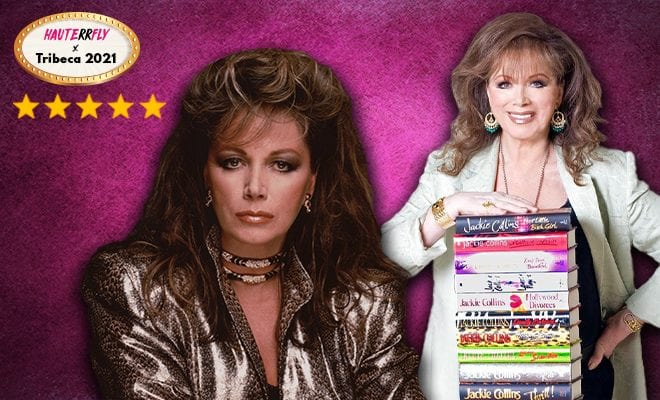
If your bookworm origin story began in the 80s or 90s, there’s a slim chance of you not having laid your hands on a Jackie Collins novel. The celebrity author penned some pretty racy novels that might have hurt puritan sensibilities. But for most women who read her, Collins was the epitome of feminism, a fascinating woman who championed female sexual revolution, and who wrote female protagonists, like Lucky Santangelo, that “acted like men.” Which only meant that they were strong, fiercely ambitious in their careers, did what (and who) they wanted and revelled in their choices. For many young women, like yours truly, Jackie Collins novels were read in secret. They became our first introduction to sex education, or the clandestine world of Hollywood glitz and glamour. So if you told me we were going to get a peek behind the curtain into the life of this icon, you’d have my rapt attention. Enter Lady Boss: The Jackie Collins Story, a documentary by British journalist-turned-documentary filmmaker Laura Fairrie, that had its world premiere at the Tribeca Film Festival this month.
Lady Boss: The Jackie Collins Story is produced by CNN Film, BBC Arts and AGC Studios, with cinematography by Lynda Hall, editing by Joe Carey and music composed by Mat Davidson.
View this post on Instagram
Decoding the woman behind the Lady Boss
Fairrie, too, credits Collins’ works for her early sexual awakening, which made the prospect of directing a documentary to piece together the real person behind the fierce public persona an inviting task that had her squealing like an exciting teenager. She decided to approach it as both a journalist trying to unearth the facets of Jackie Collins’ story that she never showed to the public, and as a woman trying to understand a fellow woman, her strengths and weakness. The weaknesses especially, because Collins didn’t exactly have a smooth ride to fame and riches. For a woman that wrote strong female characters for her time, she had a hard time growing up in the shadow of a sister who was a famous Hollywood star (Joan Collins), a father who wasn’t exactly nice to her mother, and a mother who battled cancer. Her formative years shaped the relationships she had with men, some of which were quite toxic, as well as her own battle with the disease later in life.
And finally, there were her critics and contemporaries, who dismissed her work, sometimes on live television with Collins sitting right next to them, as formulaic trash fiction dripping in sex and sleaze for shock value. Men loved to bring her down, for she dared to play their game and win. And women, tempered by misogyny, tried to shame her for writing so fiercely and boldly. This was clearly no easy feat.
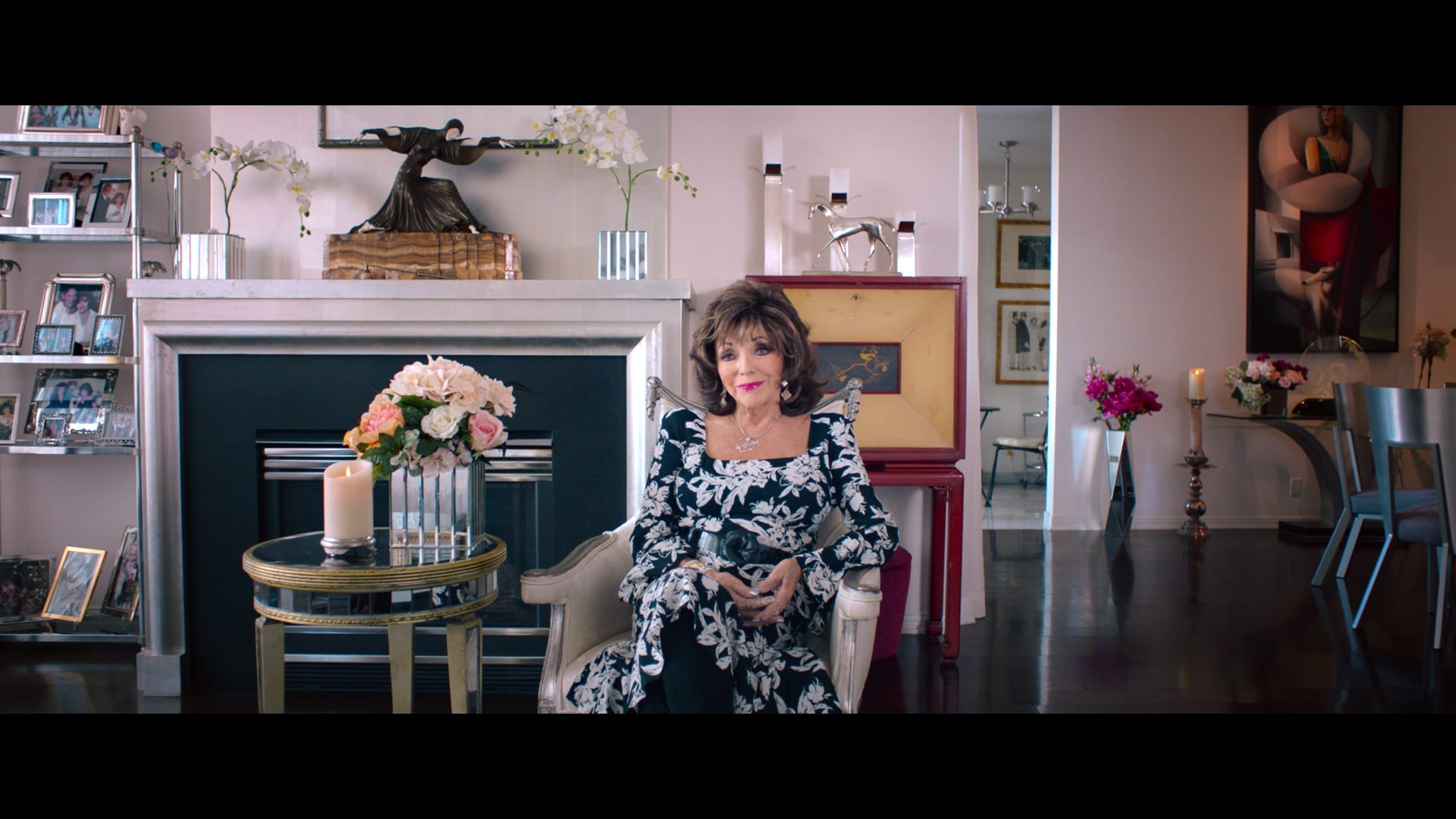
Director Laura Fairrie managed to put together a meticulous timeline of Jackie Collins’ life using testimonies from her family and friends, including sister Joan Collins, Jackie’s three daughters, brother Bill Collins, her business manager Laura Lizer and more. The biggest asset that instantly elevates the appeal of the documentary is the sheer size of unseen video footage and photographs from Jackie Collins’ life, right from her teen years, rubbing shoulders with the who’s who of Hollywood like Marlon Brando, Michael Caine, and Sean Connery; her marriages and publishing journey; the unprecedented success on page and on screen; right up till her breast cancer diagnosis and death in September 2015. The footage was discovered by Collins’ daughters after her passing, along with the author’s private handwritten journals and more material that chronicled her fascinating life story.
And that’s partly what makes Lady Boss: The Jackie Collins Story a truly engaging portrait. Fairrie and team have interwoven snippets of Collins’ audiobook recordings of her most famous works, like the Lucky Santangelo franchise, and her handwritten private diaries from her teenage years that tell us a lot about her inner musings, with the interviews and video footage. And all of that, together, make for an impressively comprehensive portrait of the woman behind the sensational author and 80s feminist icon, who borrowed the big hair, leopard print suits and the statement jewellery from her own characters to create a bold television and media persona that sometimes shielded her real vulnerable self from the public eye.
Also Read: Tribeca ‘The Justice Of Bunny King’ Review: Essie Davis Is Indomitable In This Heartbreaking But Hopeful Struggle Of A Mother
Lady Boss is its most impactful when it highlights the contrasting personal and public lives of Jackie Collins
To know about Jackie Collins, the author who sold 500 million copies worldwide and was the summer read of every second person… that isn’t quite hard. I’m pretty sure a cursory Internet search could throw up literature, stats and old interviews about that public personality. Fortunately, Lady Boss doesn’t turn into a PR prattling Jackie Collins’ achievements. No, the documentary is most impactful with the personal testimonies from sister Joan Collins who alludes to Jackie’s life in Hollywood at 15-years-old (alluding to a certain salacious rumour about her and Marlon Brando!), indicating a possible competition ensuing between the sisters in terms of their looks, careers, relationships and success in both. To an outsider, they’d both seem very equally matched—bold, sexy women who were ruling their respective fields. But there was a lot going on underneath.
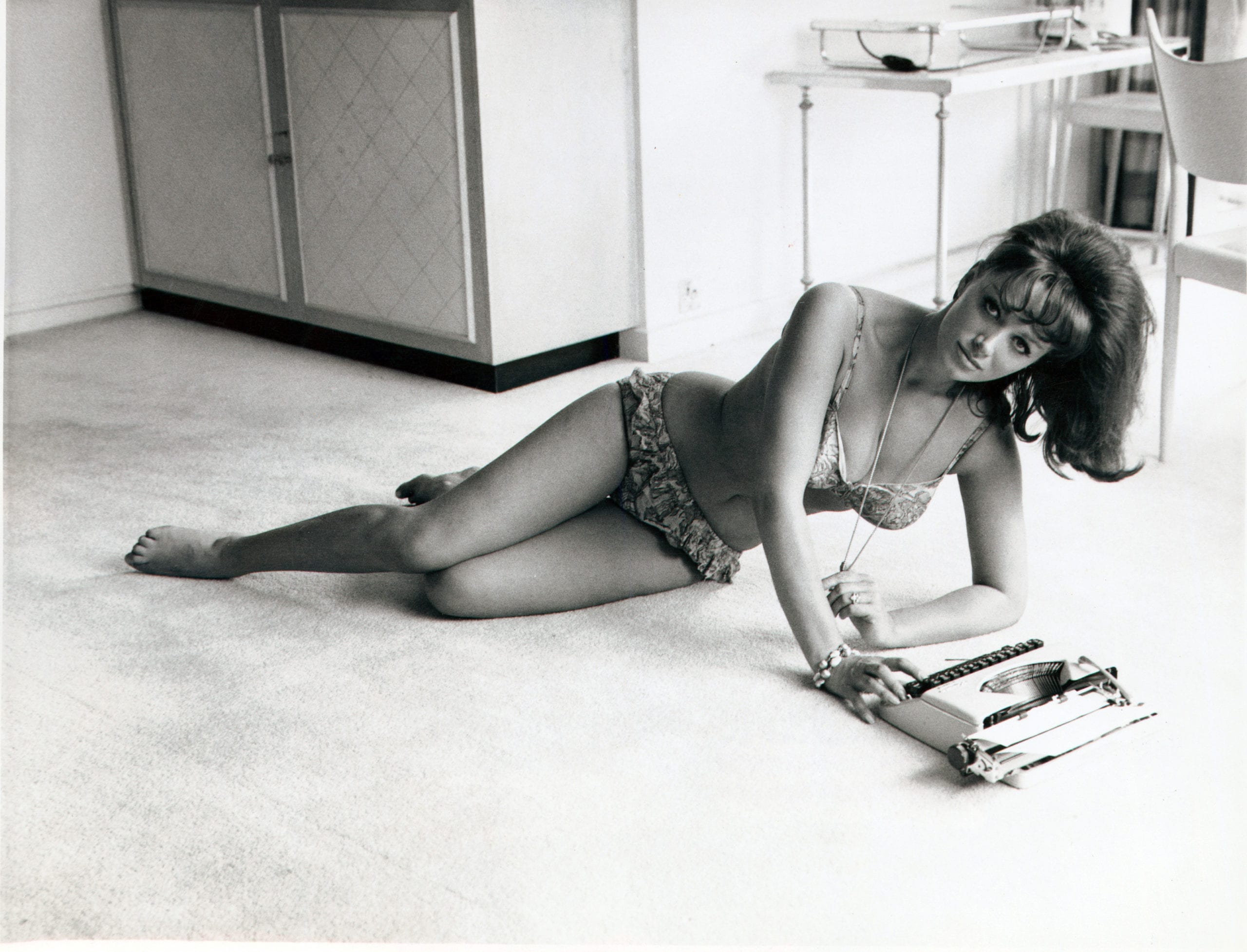
I think my favourite interviewee of them all of Tita Cahn, Jackie’s friend, who did not hold back when talking about the men in Jackie’s life. Jackie married twice; first to Wallace Austin, who she divorced due to his issues with drug addiction, and who passed from an overdose the year after their divorce. She then married American club owner Oscar Lerman, with whom she had a blissful married life of 27 years until his death from prostate cancer in 1992. The glimpse into their married life, of how Oscar loved her unconditionally, was the one who encouraged her to complete and publish her first novel, The World Is Full Of Married Men, and wasn’t insecure of his wife’s success ever makes it emotional to witness how his passing affected Jackie Collins.
She then dated and was engaged to Los Angeles business executive Frank Calcagnini, who died in 1998 from brain tumour. Cahn and others talked about how this was a toxic relationship, but still losing both Oscar and Frank was hard on Jackie, who transcribed all her feelings and emotions into her books and characters.
The most poignant, perhaps, was the story about her own secret battle with breast cancer, and how she instructed her daughters to not mention the ‘C’ word just as her father had told them not to when their mother was suffering, bringing life back to full circle. Her final TV appearance, where she kept going relentlessly despite being visibly gaunt. Joan Collins talks about meeting Jackie in London, on the latter’s final homecoming trip, and finding out about her diagnosis a mere 10 days before Jackie Collins passed away.
Also Read: Netflix ‘Ray’ Review: A Whimsical, Entertaining Homage To Satyajit Ray That Makes Space For Female Characters!
The documentary makes an important point about gender bias and patriarchy
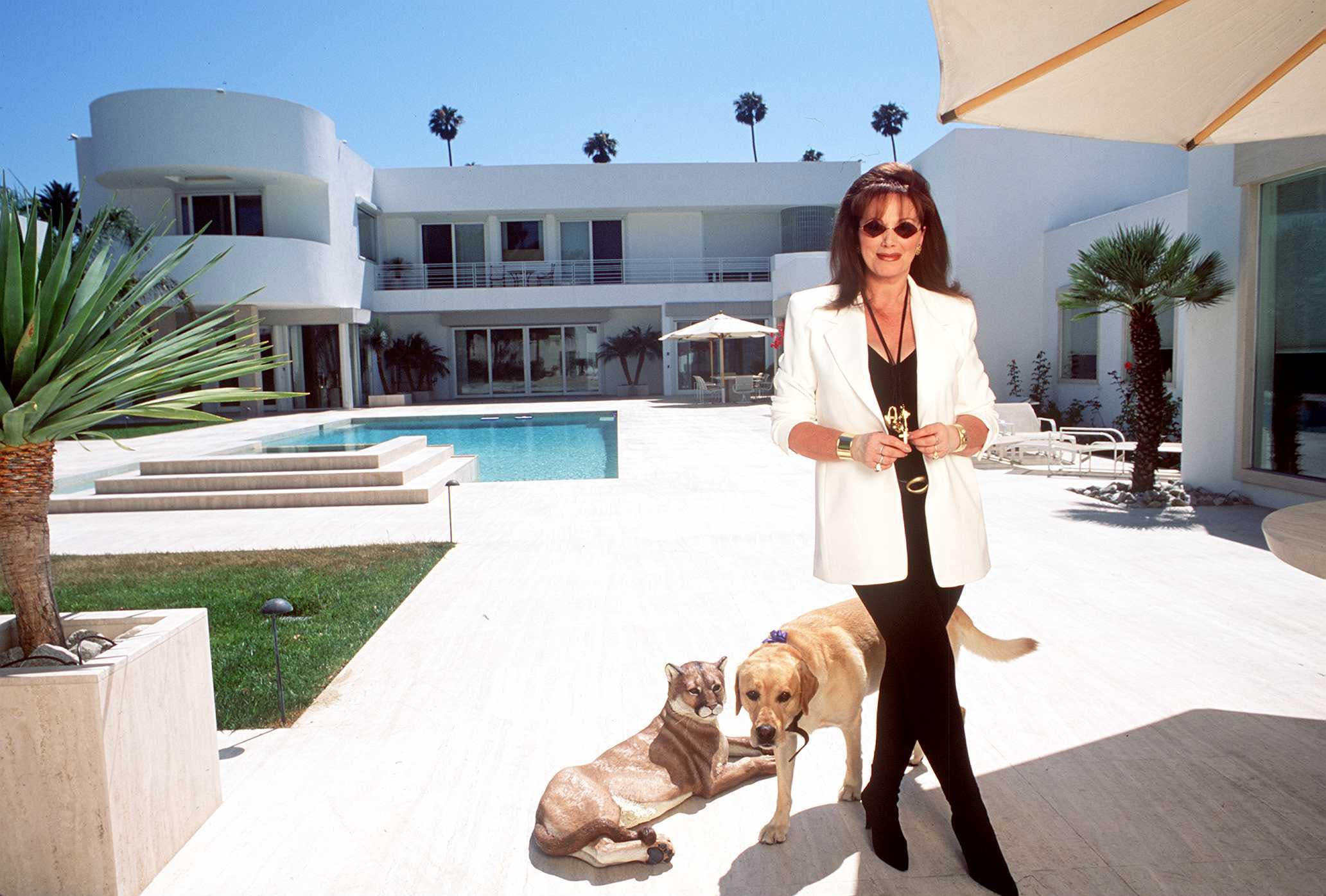
The documentary has these two footages that stayed with me. The first was a talk show clip where fellow English romantic novelist Barbara Cartland prudishly slams Jackie Collins’ novels for being “nasty, filthy and disgusting” and something that perverts would enjoy. The second comes much later in the film, where in another talk show, Collins is set up to face a barrage of critics who verbally attack her life’s work, discredit her brand of feminism and basically tell her that she is trash and using sex to grab eyeballs. We see Jackie Collins sit through it all, looking her usual fierce and strong self, but her face reflecting the harshness of the criticism she was pushed into the corner with.
From what I gathered, for all her life, Jackie Collins worked hard to carve a space for herself, one that would be entirely her own and not in the shadow of her father or sister. And one where she could take all her own insecurities, trauma and experiences to churn out women who were unabashed and badass, and who owned their sexual freedom. She even built her own public personality off these characters, looking like the women described in her books, even while in her own personal life, she battled insecurities, toxic relationships and cared about what people perceived her as. To have all of that trashed so publicly must’ve been devastating!
But what these moments, and many others that you will see throughout the film, make evidently clear is the gender disparity of the patriarchal world that would allow a Sydney Sheldon or an Ian Fleming to write their male characters a certain way, but would be judgemental if a woman deviated from this male gaze to write female characters that owned their sexuality and challenged society’s gender norms.
Also Read: Tribeca ‘Mark, Mary & Some Other People’ Review: A Non-Judgemental Exploration Of Non-Monogamy That Has Fun On The Way
Not a literary genius. So what? Why you gotta be so prude?
Collins never claimed to be a literary genius, nor did she try to establish her self as one. She was happy brandishing her own brand of feminism with sexual freedom as the centrepiece, and inspiring her readers, which included queer people too, to be their absolute, unapologetic selves.
Filmmaker Laura Fairrie said, “For me, Lady Boss: The Jackie Collins Story was always going to be a political film. Jackie Collins has often been dismissed as the “queen of sleaze” but this ignores the fact that she consistently wrote female characters that unapologetically demand the careers and lives and sex that they want. Her brand of feminism was about sexual freedom and she wrote about female desire in a way that was bold and ahead of its time. Her books were risqué, they were outrageous and they turned the tables on men. In short, Collins made feminism accessible – she sold over 500 million books and empowered women to imagine a different life for themselves.”
View this post on Instagram
There’s a lot of versions of feminism today, but lately, there’s been this belief that the people peddling feminism have to be infalliable somehow. I disagree. And watching Lady Boss: The Jackie Collins story talk about who Jackie Collins, the woman, really was, strengthens my belief in my argument. She fought the double standards of patriarchy that plagued her personal life—pitting her against her sister, judging her for owning her sexuality, undermining her work because it didn’t respect the status quo—by creating women who fought the same in her books and won against them. She awoke women in the 80s and talked to them about sex and agency in a language they understood and found entertaining. She told them “Girls can do anything!” and they believed her. Isn’t that so much better than prudish classics that encourage inaccessible idealistic standards in women?
Even today, when I talk about enjoying Twilight saga or Fifty Shades Of Grey or rewatching The Vampire Diaries for the nth time, I get judgemental looks from people who dismiss it all as trash fiction that aims to simply titillate. But if, in those, stories, women like me find examples of agency and feminism, even if it is through sex, shouldn’t that be encouraged?
Verdict
View this post on Instagram
Lady Boss: The Jackie Collins Story has the character of a Jackie Collins novel. It offers you the right mixture of salacious Hollywood gossip, unravels the secret personal lives of the rich and famous, but is also an insightful look into the grit of woman who wasn’t perfect but still put on her armour and stood in front of the world that judged her with a manicured middle finger out.
Laura Fairrie and team have pieced together a fascinating life story of Jackie Collins, which humanises the icon but without diminishing the larger-than-life iconoclast that she was. If you’ve read her, you’ll be able to reconcile glimpses of her own self from her books with the her story on screen, which does justice to a story that Collins perhaps never got a chance to share with her readers. The documentary is paced incredibly well, with all the different interviews, footages and personal journal notes coming together to create an engaging biography, replete with the 80s pizzazz that you’ll thoroughly enjoy!
This review is part of our Hauterrfly x Tribeca Film Festival coverage. Read more here!





